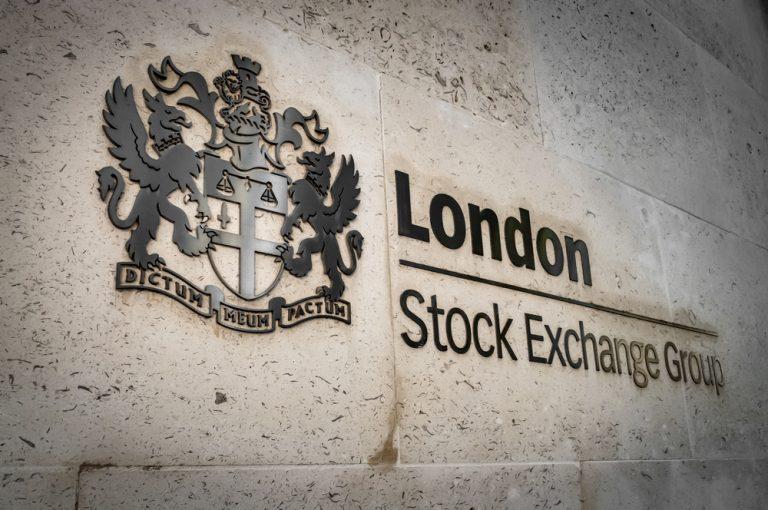
The FTSE 100 has rallied to provide mild positivity at the end of one the of worst weeks in the indices’ history.
London’s leading the index had a strong start to the day, rebounding from the worst day since Black Monday in 1987 and reacting to cues from Asian easing overnight.
“Having suffered its worst day of trading in more than 30 years the FTSE 100 at least started Friday 13th in positive territory,” said AJ Bell investment director Russ Mould.
The FTSE 100 closed up 2.4% or 128 points in what was a volatility session with the market making wild swings that saw the market up over 450 points before giving up nearly all the gains by the close of play.
News that the US would declare a state of emergency sucked the optimism out of markets after central banks had sparked a rally by unveiling a raft of monetary policy easing measures.
China cut the amount of capital banks had to keep in reserve which would flood the economy with an additional $79 billion while Australia said it planned to pump $17 billion into the economy.
There were also hopes of further easing from the US who are set to make a decision on rates next week having already made a 50 bps rate cut. There has been a wave of easing by central bank action in the last week to soften the blow of coronavirus, including a emergency cut by the Bank of England.
However, some may label today’s rally a ‘dead cat bounce’ that fools investors into thinking the selloff is over.
Shares were in heavily oversold territory today and were due a rebound but the economic impact of COVID-19 is still to be properly accessed and many analysts see sharp declines in corporate earnings.
This may have already been priced into markets and due to the clear path to recovery when infection subside, there is a strong chance of a V-shaped recovery in markets and the economy as activity picks up.
The FTSE 100 closed at 5,366 having given up more than 1,000 points in the last week.
